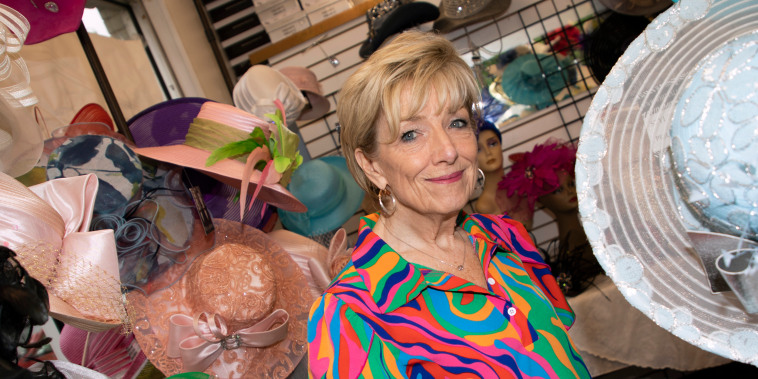Walking through the illustrious Churchill Downs during the prestigious Kentucky Derby, a visitor can’t help but be awed by the grandeur of the event. The well-coiffed elite in their designer finery sipping champagne in exclusive boxes, the multi-million stakes and the spectacle of the finest thoroughbreds in the race represent a picture of opulence. But nestled within the same event is a thriving ecosystem of small-dollar spending, an essential facet often eclipsed by the high-dollar glamour. On the fringe of the extravagance, the race indeed is on for small-dollar spending at the Kentucky Derby.
One of the first aspects that underline small-dollar spending at the Kentucky Derby is the wagering counter. A day at the races is incomplete without placing a wager, and while high rolling bettors may wager thousands on a single race, there are many racegoers who invest modest amounts hoping to pick the right horse. This small-dollar betting is a massive financial engine that contributes significantly to the overall pool, subsidizing the glittery side of the Derby.
Secondly, the vast hospitality sector around Churchill Downs exemplifies the characteristics of small-dollar spending. From vendors offering traditional Derby food like the Burgoo stew or the ubiquitous Mint Julep, to souvenir outlets selling memorabilia, there is a bustling small-dollar market taking place parallel to the main event.
A Kentucky Derby experience is multifaceted and comes with a range of price tags, from premium dining experiences to more affordable alternatives. Food trucks and stands selling hot dogs, burgers, sandwiches, and drinks galore, provide affordable dining options. These small-dollar spending options allow a larger demographic to partake in the Derby experience, thereby broadening the consumer base and generating significant revenue.
Transportation is yet another sector which demonstrates that not all dollars spent during Derby season are large ones. Uber and Lyft drivers, taxi services, and parking lot owners, all part of the gig economy, enterprise on race day providing services at a variety of price points. Cash flow from these small transactions significantly supplement the economy of Louisville during the Derby week.
Moreover, accommodations ranging from budget beds and breakfasts, Airbnb properties, to makeshift camping zones cater to visitors with different financial capacities. Basic amenities are offered at modest prices for those who want to enjoy the Derby on a budget. This arrangement not only accommodates a wider audience but also empowers the local residents, turning them into entrepreneurs during the Derby season.
The merchandise outlets lining the sidewalks of Louisville on Derby Day epitomize small-dollar spending. From affordable race day outfits and accessories to reasonably priced trinkets and keepsakes, these small shops offer bargain shoppers a chance to be a part of the event without breaking the bank. The sale of these souvenirs contributes a small but steady stream to the overall economics of the Derby.
While the high stakes, the ritzy fashion, and the extravagant spending often steal the limelight, the small-dollar spending during the Kentucky Derby constitutes a significant and often underrated chunk of the overall economy of the event. It allows for wider participation, making this historic event accessible to all – an aspect that remains true to the spirit of horse racing, where the joy of the sport isn’t confined to the wealthy alone. Thus, on the sidelines of a pricier Kentucky Derby, the race for small-dollar spending continues, integral and unmissable.




